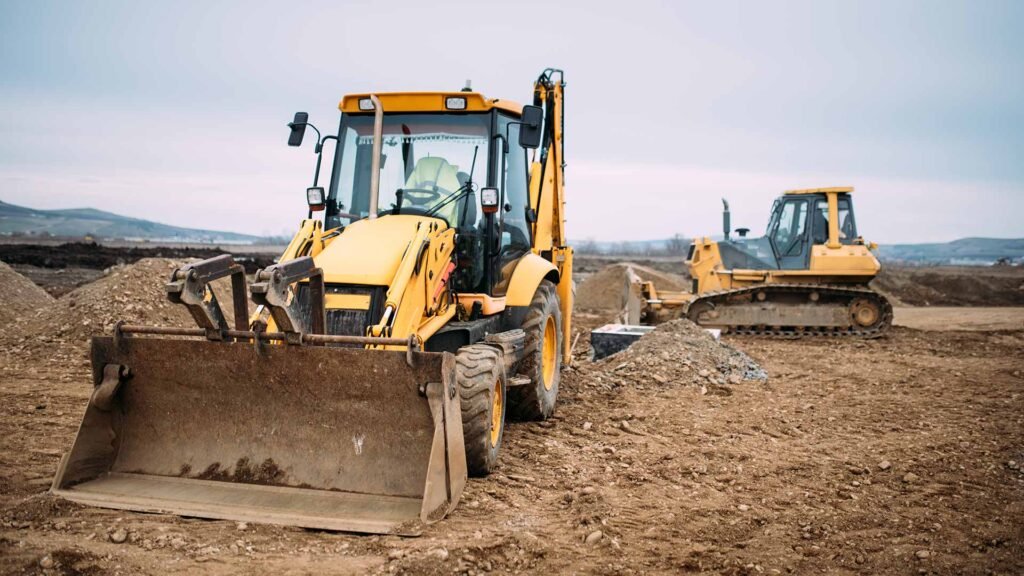As a contractor, making the decision to rent or buy equipment is crucial for the success of your business. Both options have their advantages and disadvantages, and the best choice will depend on various factors such as project size, frequency of equipment use, budget, and long-term goals. In this article, we will explore the pros and cons of renting and buying construction equipment to help you make an informed decision.
Renting Construction Equipment
Benefits of Renting:
- Flexibility: Renting allows you to access a wide range of equipment as needed without the long-term commitment of ownership.
- Cost-effective: For short-term or infrequent projects, renting is more economical than purchasing equipment.
- No maintenance or storage: Rental companies typically handle equipment maintenance and storage, saving you time and money.
- Access to latest technology: Renting often provides access to the latest equipment models.
When to Rent:
- Short-term projects: If you have a one-time or short-term project, renting is often the best option.
- Seasonal work: For businesses with seasonal fluctuations, renting can help manage costs.
- Specialized equipment: Renting specialized equipment can be more cost-effective than purchasing it for occasional use.
Buying Construction Equipment
Benefits of Buying:
- Ownership: Owning equipment gives you complete control over its use and maintenance.
- Long-term cost savings: For frequent or large-scale projects, buying equipment can be more cost-effective in the long run.
- Asset value: Construction equipment can be a valuable asset that can appreciate over time.
- Tax benefits: You may be eligible for tax deductions related to equipment ownership.
When to Buy:
- Frequent equipment use: If you use equipment regularly for multiple projects, buying may be more economical.
- Long-term projects: For long-term projects, owning equipment can provide stability and control.
- Budget allows: Purchasing equipment requires a significant upfront investment.
Factors to Consider
- Project size and duration: Evaluate the size and duration of your projects to determine if renting or buying is more suitable.
- Equipment usage frequency: Assess how often you will use the equipment to determine ownership costs.
- Budget: Consider your financial resources and cash flow when making a decision.
- Maintenance and storage: Evaluate the costs and logistics of maintaining and storing equipment.
- Tax implications: Understand the tax benefits and implications of renting versus buying.
Conclusion
The decision to rent or buy construction equipment is a significant one that requires careful consideration. By weighing the factors discussed in this article and assessing your specific needs, you can choose the option that best aligns with your business goals and financial situation.
Need help deciding? Our team at Strait Way can help you evaluate your options and find the perfect equipment solution for your business. Contact us today to discuss your needs.

